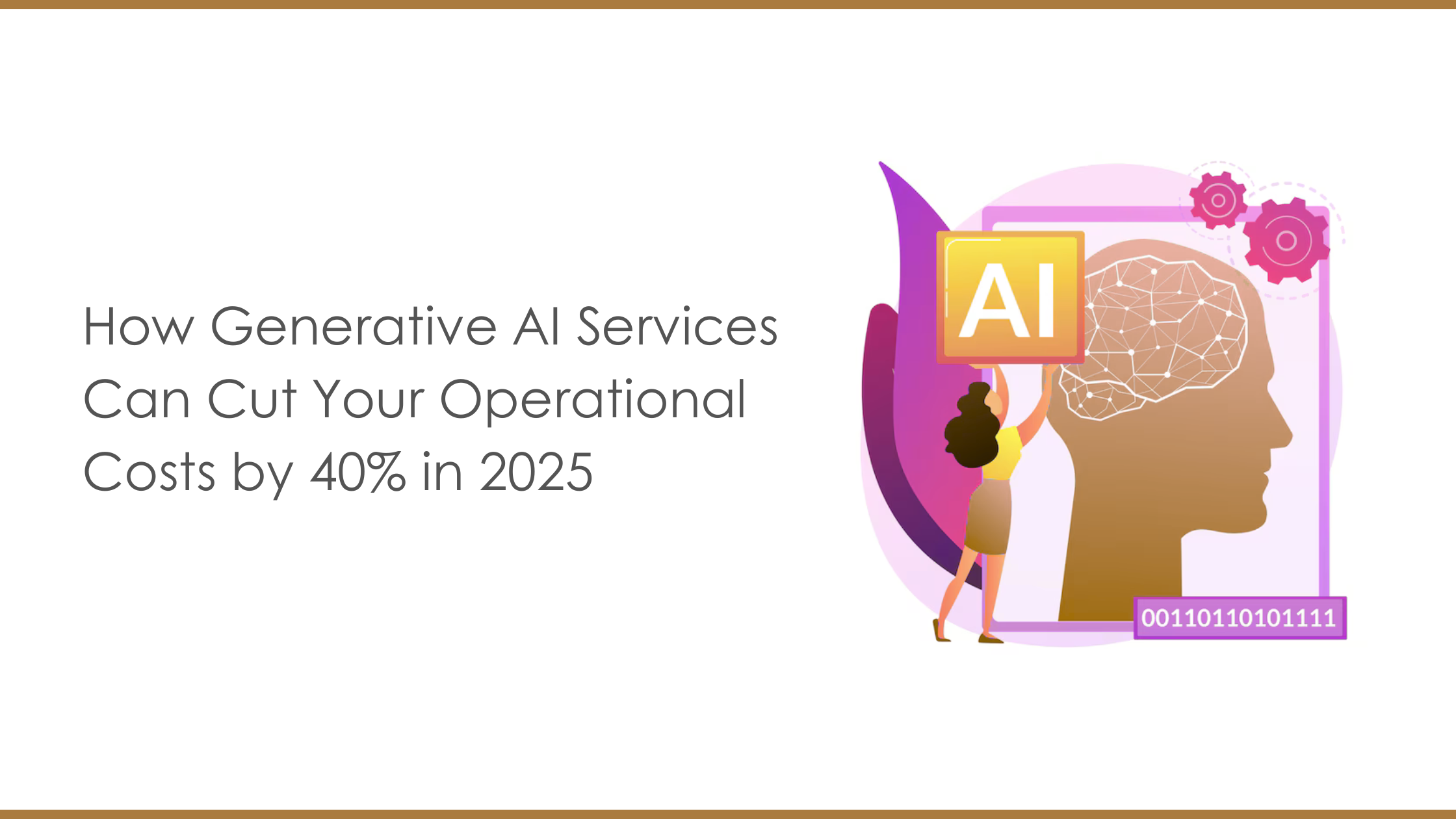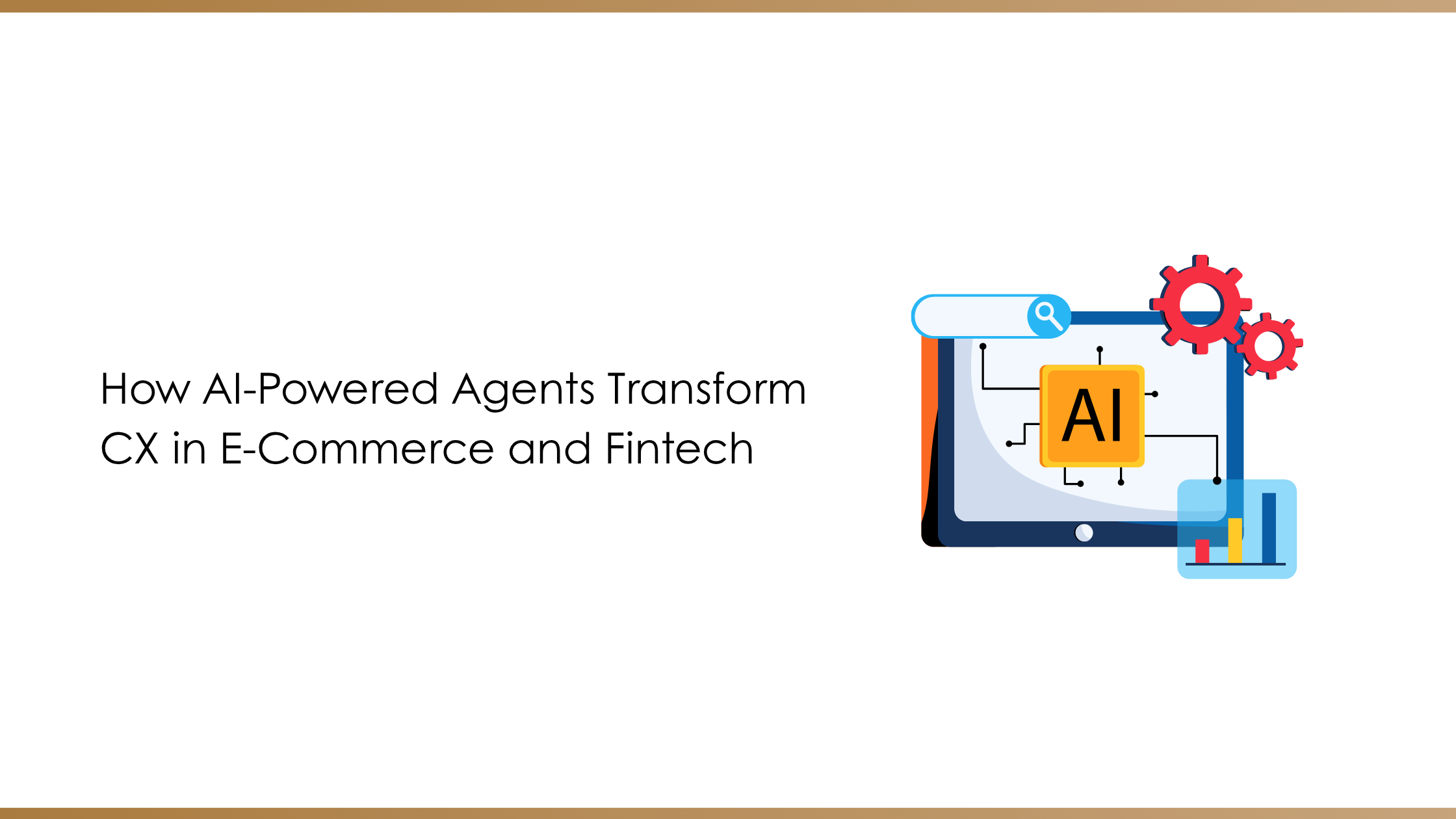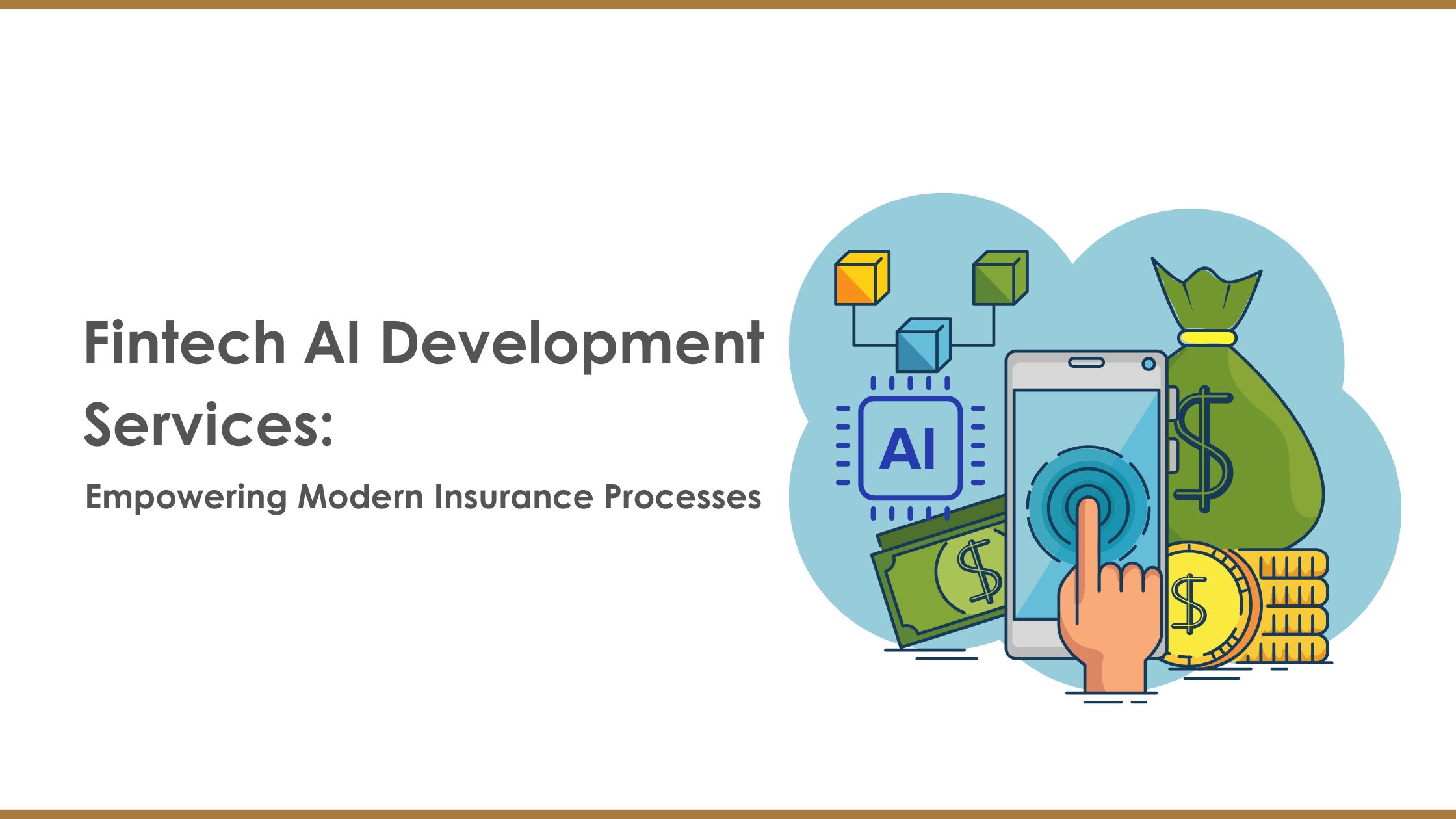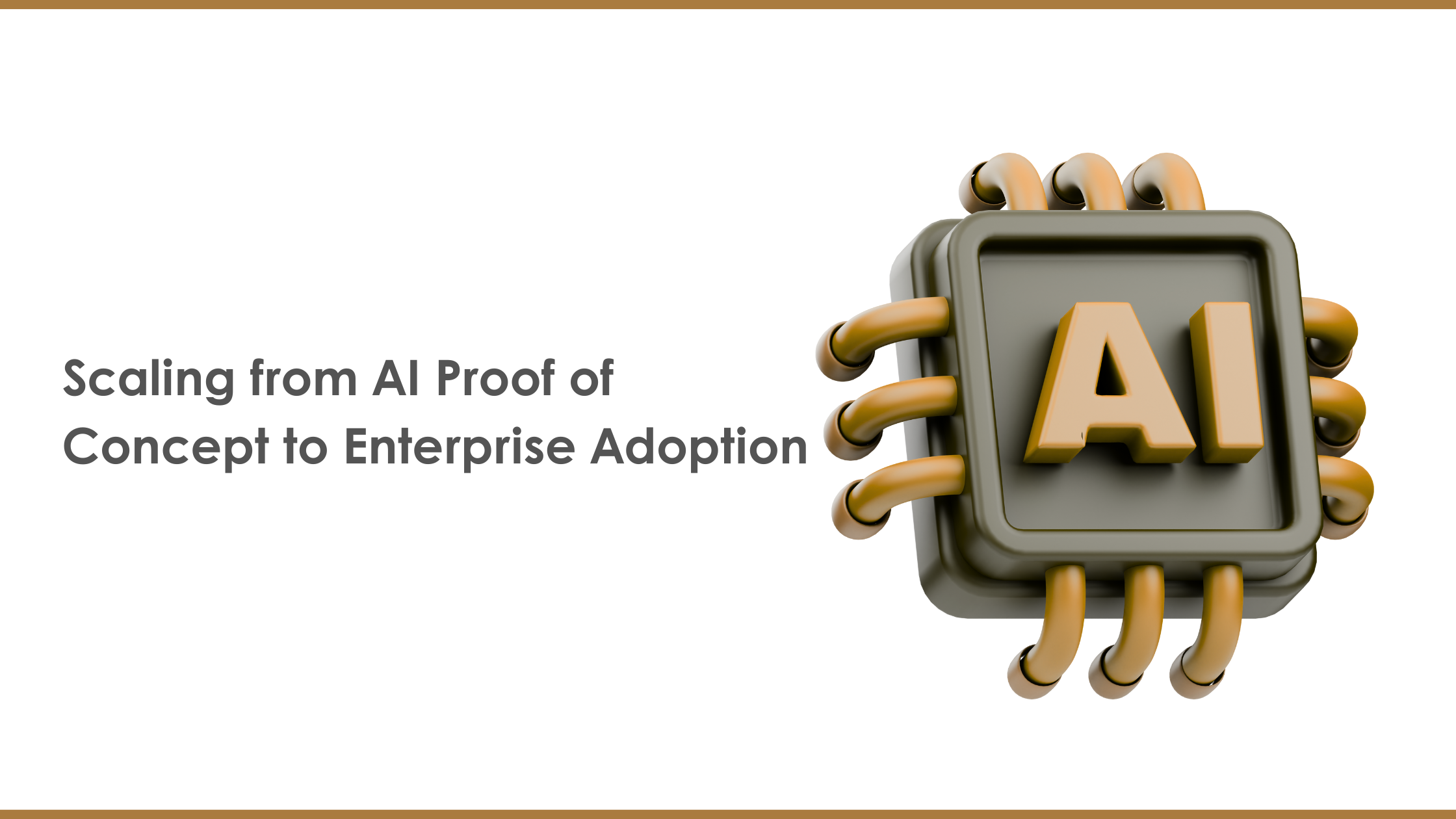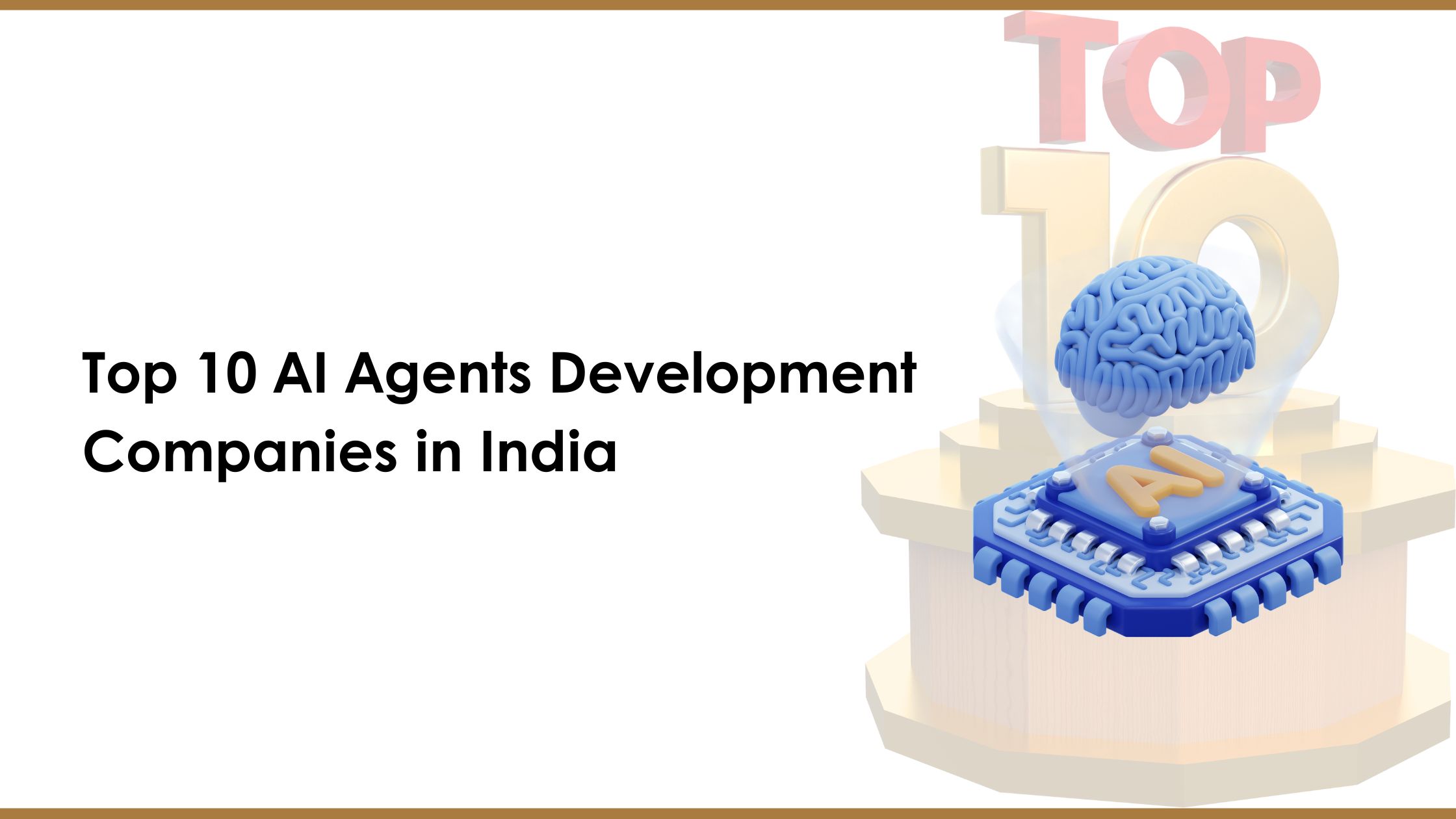Overcoming Challenges When Building AI Agents
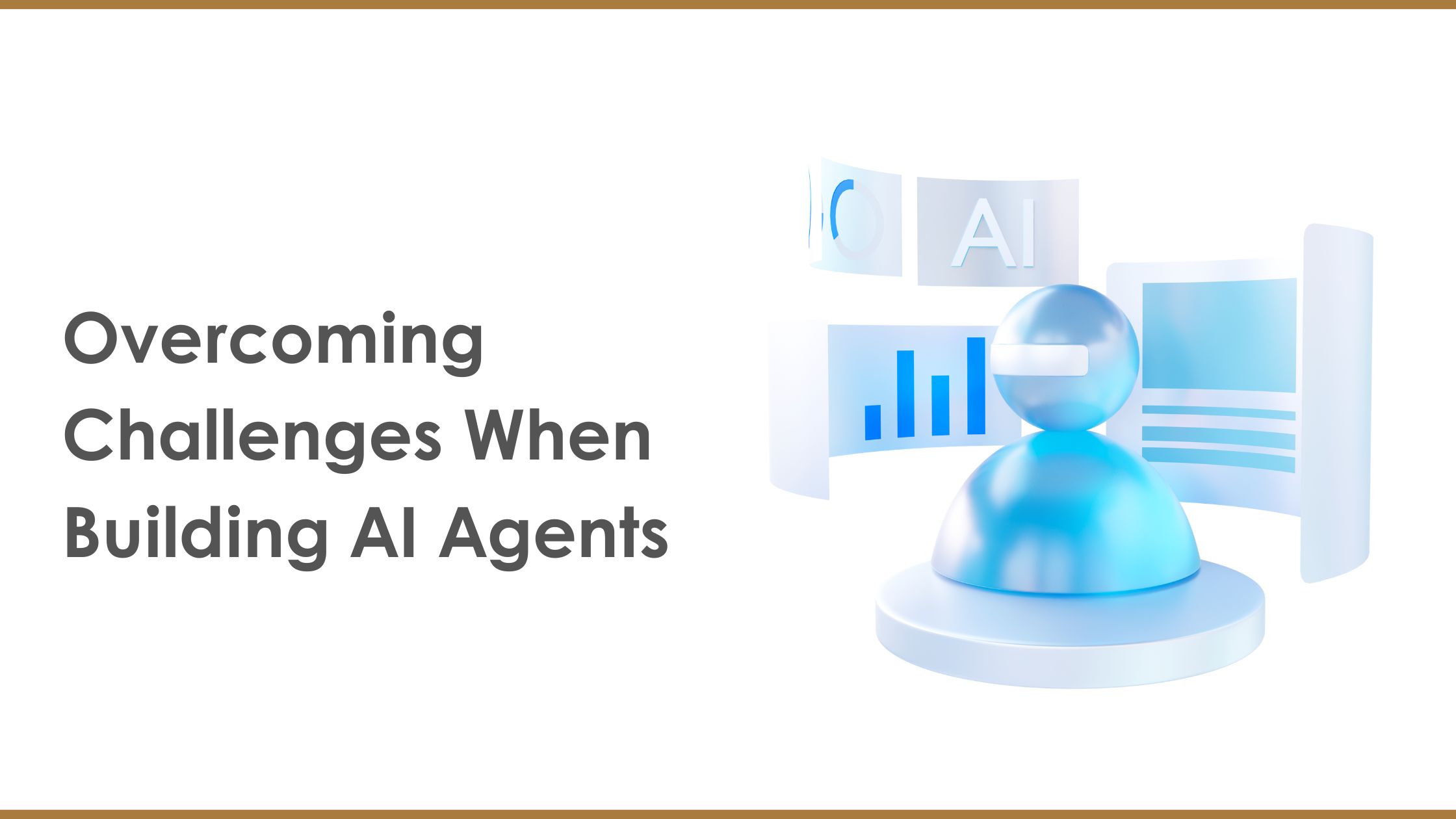
Strong 8k brings an ultra-HD IPTV experience to your living room and your pocket.
Building AI agents presents numerous opportunities for businesses to automate tasks, enhance customer interactions, and drive innovation. However, the development process is not without its challenges. From data quality issues to ethical considerations, understanding and addressing these obstacles is crucial for creating effective and reliable AI agents. This blog explores the common challenges faced during AI agent development and provides strategies to overcome them, ensuring successful implementation and operation.
1. Data Quality and Availability
Challenge:
AI agents rely heavily on data for training and operation. Poor data quality or insufficient data can significantly hinder the performance and accuracy of AI models.
Solutions:
- Data Cleaning: Implement robust data cleaning processes to remove inconsistencies, duplicates, and errors from your datasets.
- Data Augmentation: Use techniques like data augmentation to increase the diversity and volume of your training data, especially in cases of limited data availability.
- Access to Quality Data Sources: Ensure access to high-quality data sources, whether through proprietary databases, partnerships, or third-party providers.
- Regular Data Audits: Conduct regular audits to maintain data integrity and relevance, adapting to any changes in data patterns or requirements.
2. Integration with Existing Systems
Challenge:
Integrating AI agents with existing business systems and workflows can be complex, often requiring significant modifications to current infrastructure.
Solutions:
- APIs and Middleware: Utilize APIs and middleware solutions to facilitate seamless integration between your AI agent and existing systems, minimizing disruptions.
- Modular Architecture: Design your AI agent with a modular architecture that allows for easy integration and scalability within your existing technology stack.
- Collaborative Development: Work closely with IT and development teams to ensure compatibility and address any integration challenges early in the development process.
- Testing and Validation: Perform thorough testing to identify and resolve integration issues, ensuring smooth operation and data flow between systems.
3. Scalability and Performance
Challenge:
As your business grows, your AI agent must scale to handle increased demand without compromising performance or reliability.
Solutions:
- Cloud-Based Infrastructure: Leverage cloud computing platforms like AWS, Google Cloud, or Azure to provide scalable infrastructure that can grow with your needs.
- Load Balancing: Implement load balancing techniques to distribute workloads evenly across servers, preventing bottlenecks and ensuring optimal performance.
- Performance Monitoring: Continuously monitor your AI agent’s performance using tools like Prometheus and Grafana, allowing for proactive adjustments and optimizations.
- Efficient Algorithms: Use efficient algorithms and optimize your code to enhance the speed and responsiveness of your AI agent, especially under high load conditions.
4. Ensuring Security and Privacy
Challenge:
AI agents often handle sensitive data, making security and privacy paramount. Protecting data from breaches and ensuring compliance with regulations is a critical concern.
Solutions:
- Data Encryption: Implement strong encryption methods for data both at rest and in transit to prevent unauthorized access.
- Access Controls: Use strict access control mechanisms to ensure that only authorized personnel can interact with and modify the AI agent.
- Compliance Adherence: Ensure that your AI agent complies with relevant data protection regulations such as GDPR, HIPAA, and CCPA.
- Regular Security Audits: Conduct regular security audits and vulnerability assessments to identify and address potential security threats.
5. Ethical and Bias Considerations
Challenge:
AI agents can inadvertently perpetuate biases present in training data, leading to unfair or unethical outcomes. Ensuring ethical AI usage is essential for maintaining trust and credibility.
Solutions:
- Diverse Training Data: Use diverse and representative datasets to train your AI agents, minimizing the risk of biased outcomes.
- Bias Detection and Mitigation: Implement tools and techniques to detect and mitigate biases in your AI models, such as fairness algorithms and bias auditing frameworks.
- Transparent Decision-Making: Ensure transparency in how your AI agents make decisions, providing explanations for their actions and outputs.
- Ethical Guidelines: Establish and adhere to ethical guidelines for AI development and usage, prioritizing fairness, accountability, and respect for user privacy.
6. User Adoption and Trust
Challenge:
For an AI agent to be effective, users must trust and adopt it. Building user trust and ensuring a positive user experience are crucial for successful implementation.
Solutions:
- User-Centric Design: Design your AI agent with the end-user in mind, focusing on usability, intuitive interactions, and meaningful functionalities.
- Clear Communication: Clearly communicate the capabilities and limitations of your AI agent, setting realistic expectations and avoiding overpromising.
- Feedback Mechanisms: Incorporate feedback mechanisms that allow users to report issues, suggest improvements, and feel heard, fostering a sense of ownership and trust.
- Continuous Improvement: Regularly update and enhance your AI agent based on user feedback and evolving needs, demonstrating a commitment to delivering value and maintaining trust.
- 7. Cost Management
Challenge:
Developing and maintaining AI agents can be costly, particularly for small and medium-sized businesses with limited budgets.
Solutions:
- Cost-Effective Tools: Utilize open-source tools and platforms that offer robust functionalities without exorbitant costs.
- Incremental Development: Adopt an incremental development approach, starting with a minimal viable product (MVP) and gradually adding features as resources allow.
- Cloud Services: Leverage scalable cloud services that allow you to pay for only the resources you use, avoiding large upfront investments.
- ROI Analysis: Continuously evaluate the return on investment (ROI) of your AI agent initiatives, ensuring that they deliver tangible business value and justifying ongoing expenses.
Conclusion
Building AI agents presents a myriad of opportunities for businesses to enhance operations, improve customer interactions, and drive innovation. However, navigating the challenges associated with data quality, system integration, scalability, security, ethics, user trust, and cost requires strategic planning and informed decision-making. By implementing the solutions outlined in this blog, you can overcome these obstacles and develop AI agents that are not only effective and reliable but also aligned with your business objectives and ethical standards.
Embrace the transformative potential of AI agents and position your business for sustained success in the digital age. With the right approach and tools, you can create intelligent solutions that drive growth, enhance efficiency, and deliver exceptional value to your customers.
Note: IndiBlogHub features both user-submitted and editorial content. We do not verify third-party contributions. Read our Disclaimer and Privacy Policyfor details.



